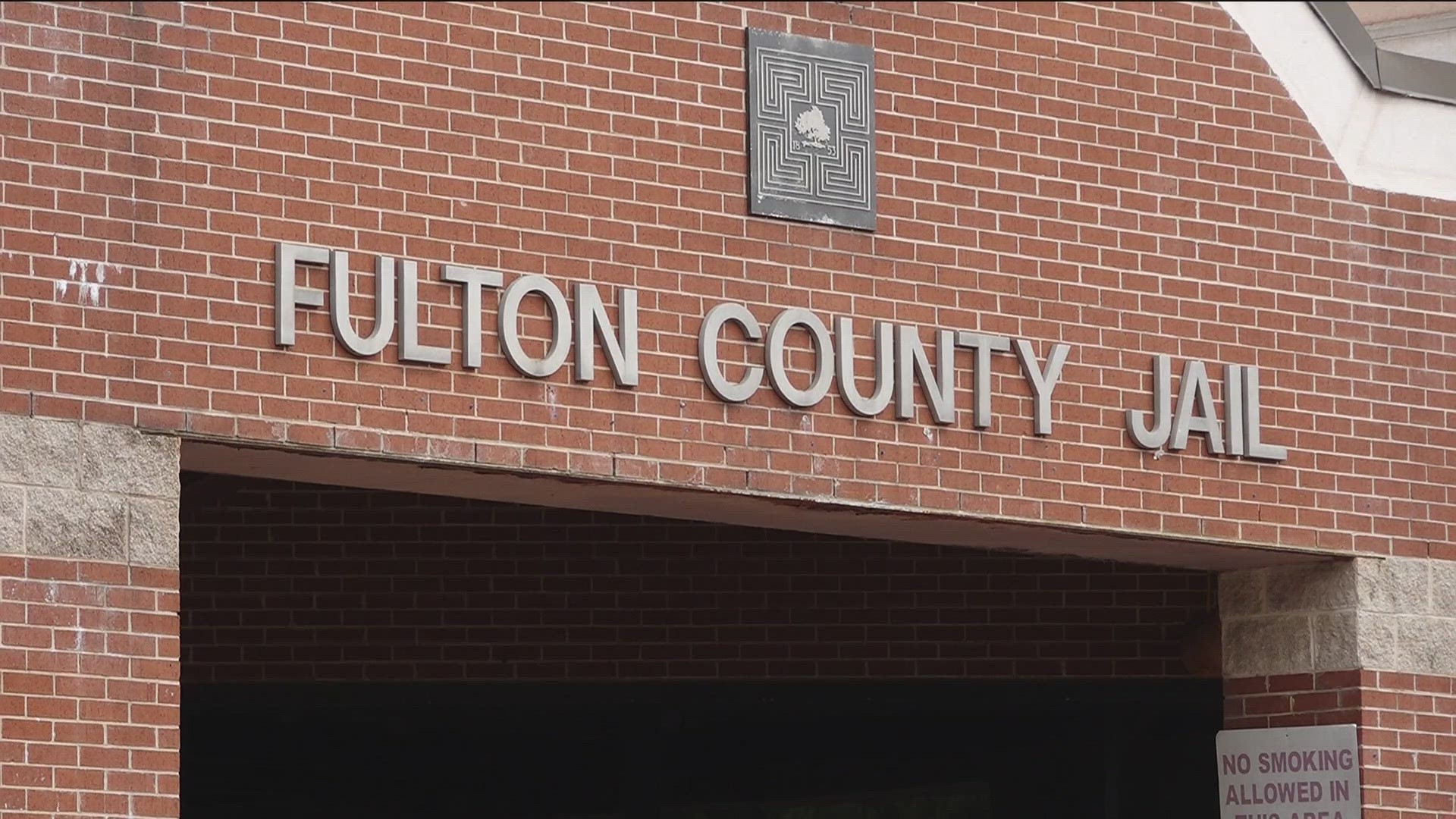VERMONT, USA — Fulton County leaders are considering a plan to move some inmates out of state.
It's an approach a handful of state corrections departments, including Hawaii and Vermont, have taken in the past.
"In terms of overcrowding, it's been successful in reducing that. We really don't want our facilities to have more folks than they're able to have for several reasons," Vermont Department of Corrections Communications Director Haley Sommer said. "The first is dignity. You don't want to be housed in a facility [where you're] having to stay in the gym of a correctional facility. It poses safety risks and it's also not good for the individual."
The Vermont Department of Corrections is responsible for roughly 1,300 people in custody. About 125 of them are housed in Mississippi at the Tallahatchie County Correctional Facility, according to Sommer.
"We have housed Vermonters in different states. Some of them are closer in than others and so it can add certainly a logistical challenge for families who are looking to visit and that can create some pushback," Sommer said. "However, the individuals housed in Tallahatchie have tablets, so they're able to communicate with family by video and phone if they're not able to see them in person."
Sommer said moving inmates out of state has helped them address overcrowding. Vermont's inmate population has also dropped from roughly 2,000 in the 1990s, when they first started moving people out of state.
They also have strict criteria to determine who's eligible for an out of state transfer. Vermont's D.O.C. is a unified system, that houses detainees and those that are already sentenced.
"We wouldn't want to be taking folks who have not yet been sentenced and sending them out of state when they might be released in a couple of weeks or months and the same goes for our sentenced population," Sommer said. "If someone has a very short sentence, we won't be sending them out of state."
Sommer said housing people out of state isn't ideal, but it helps ensure the people in their custody are safe and dignified.
"It's important when you send folks out of state to continue to support them. Our staff focuses on the out of state population. They go down there quite frequently and they also communicate with the incarcerated individuals down there frequently by phone as well," Sommer said. "Make sure that you're not just sending them away and not keeping up with issues that are going on."

